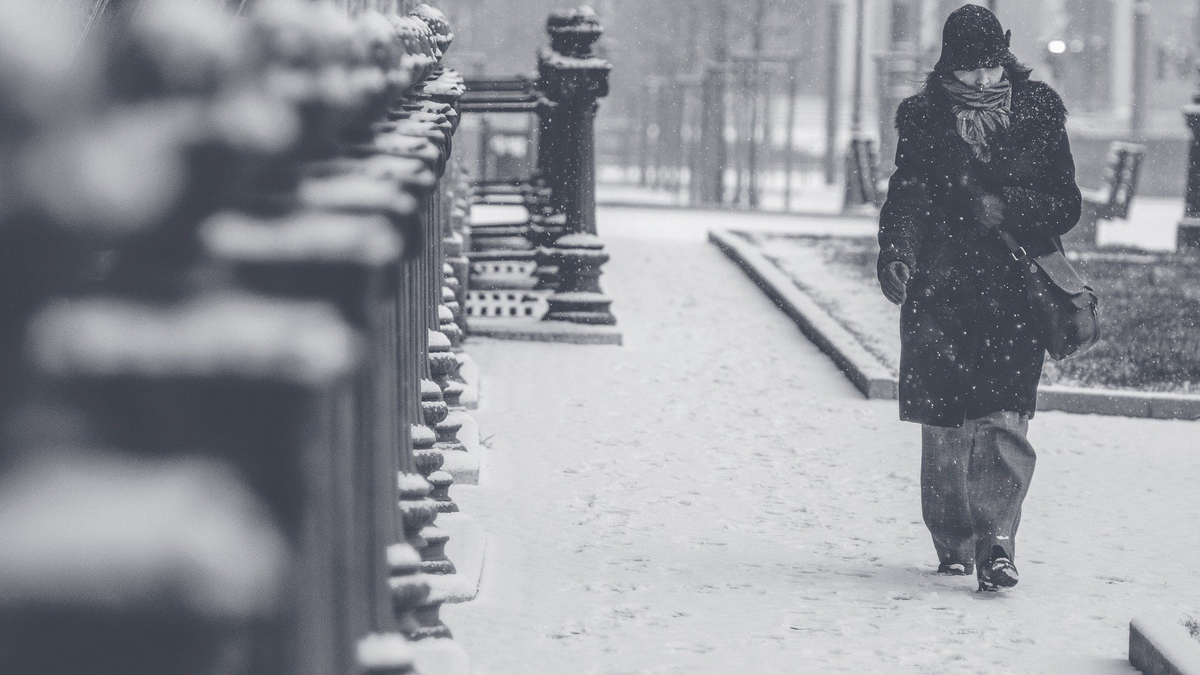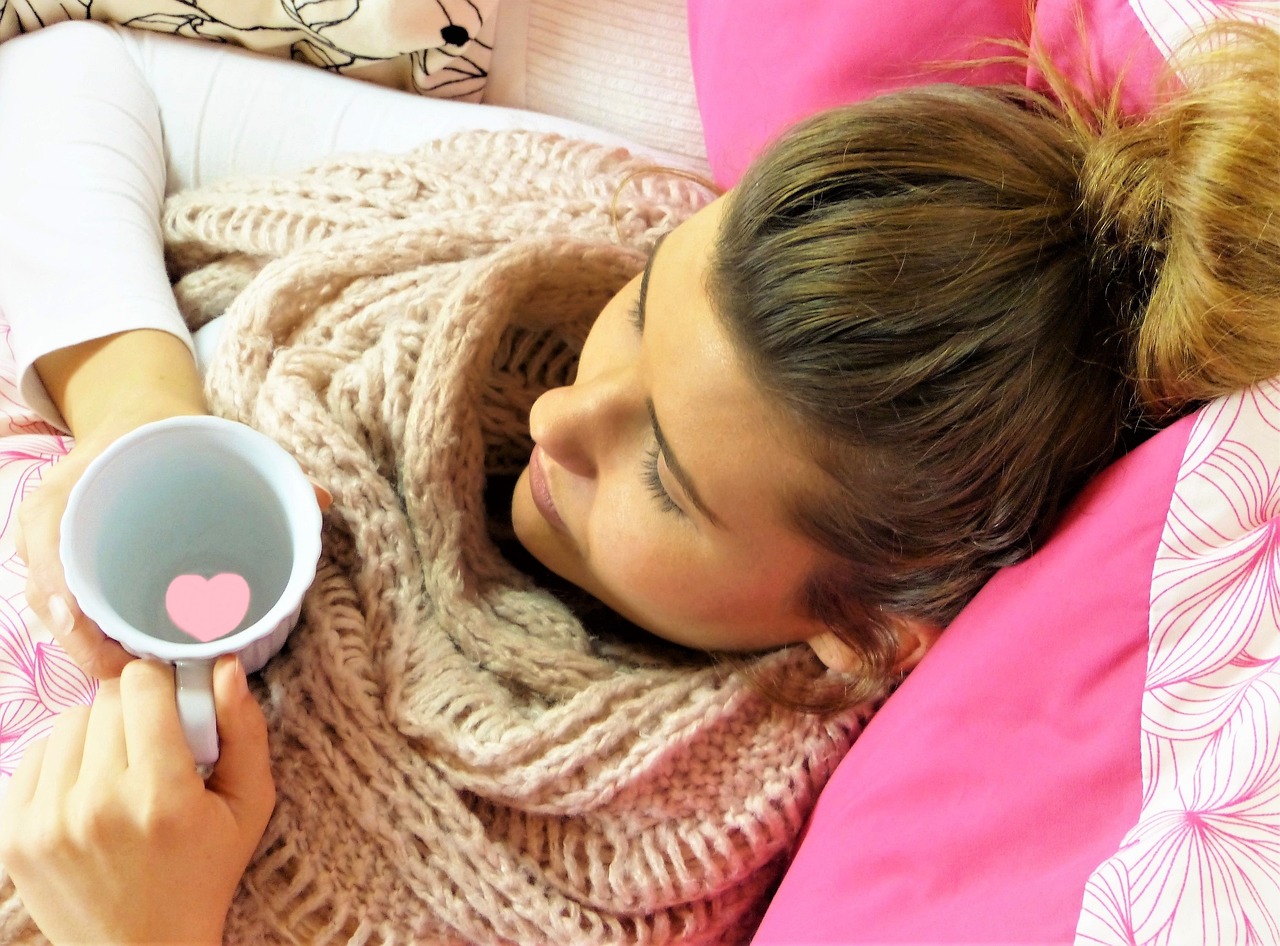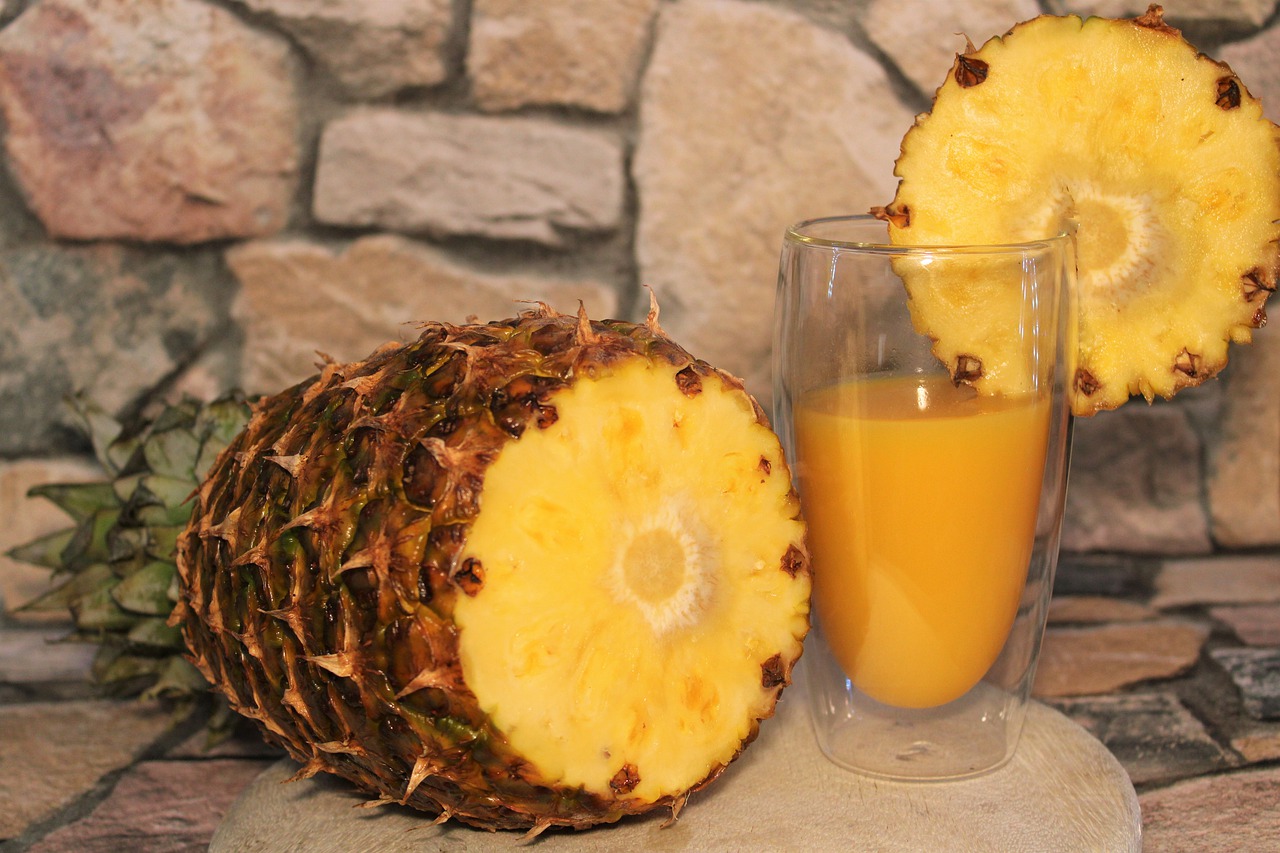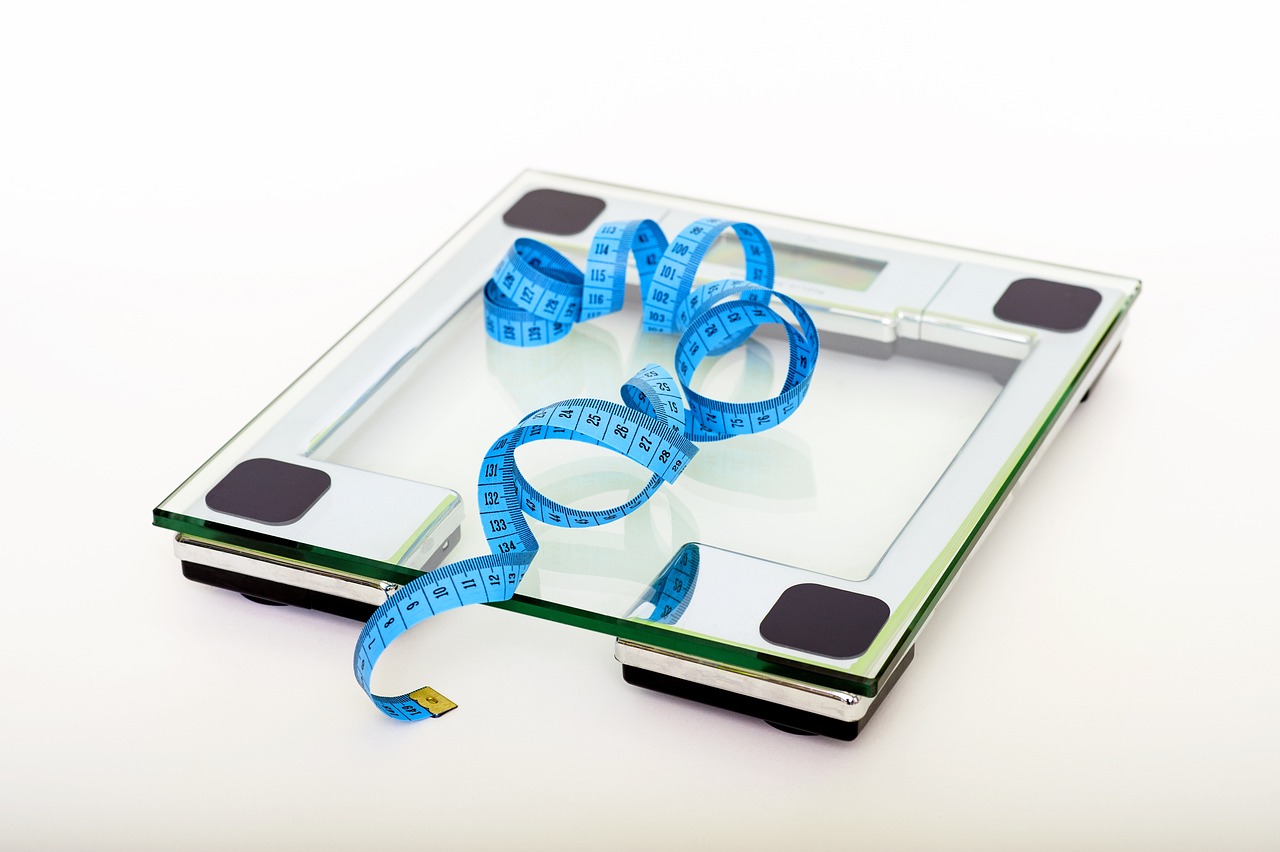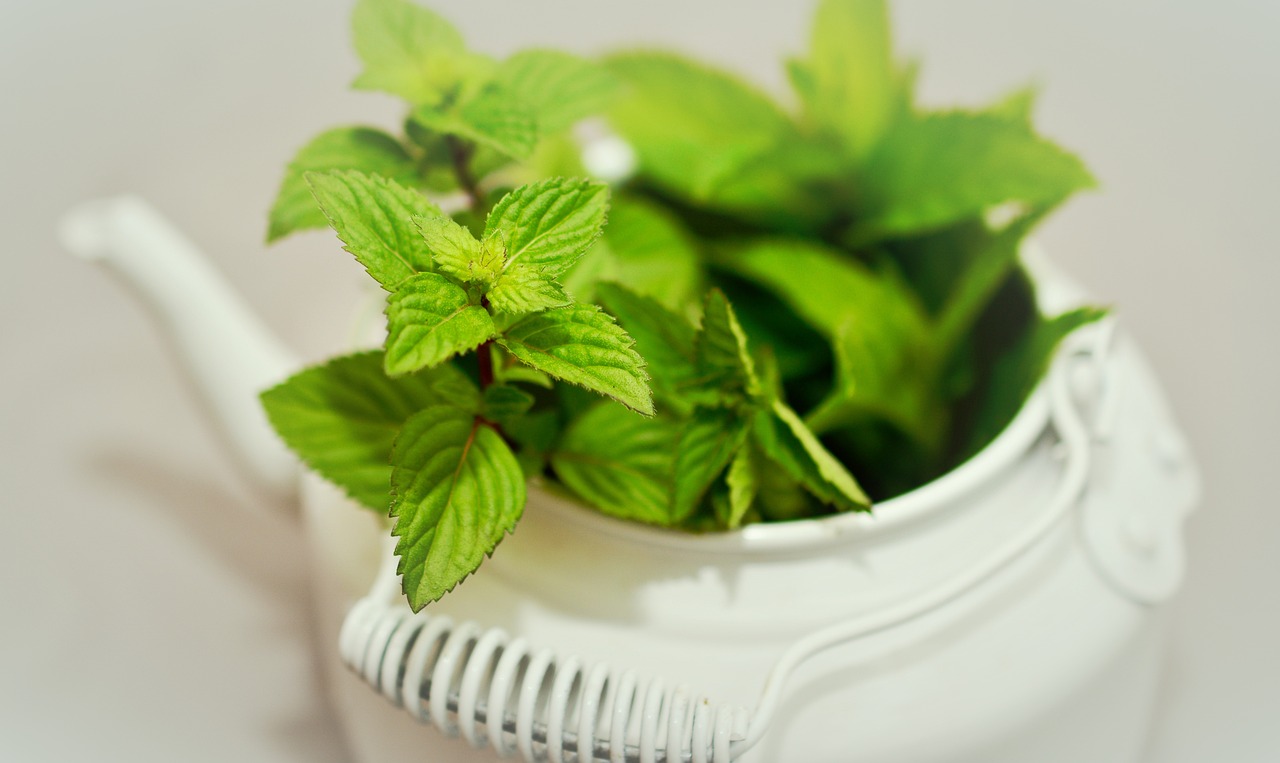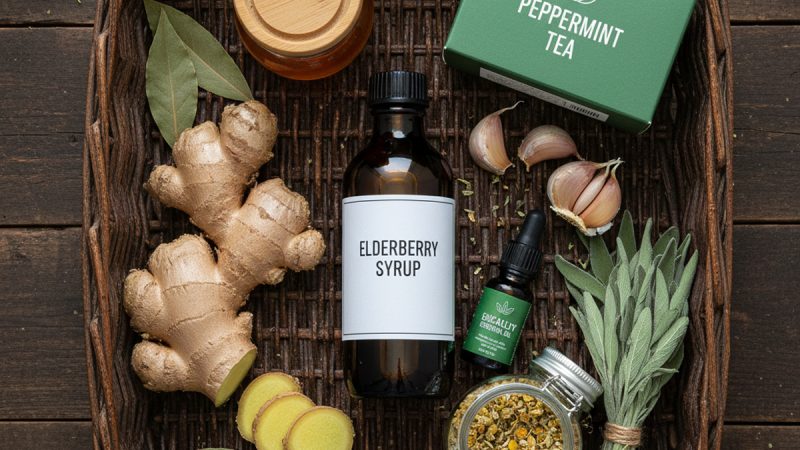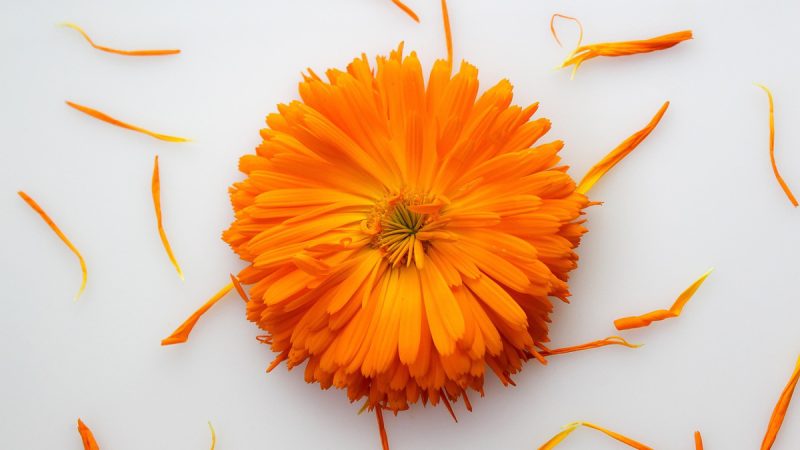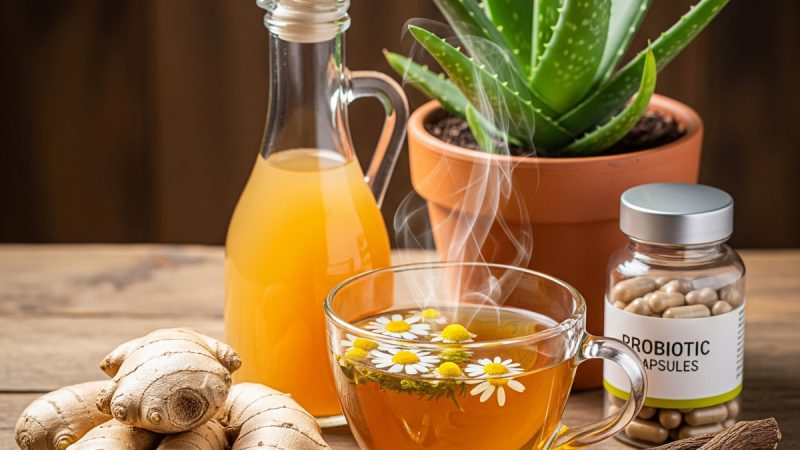Menopausal Years – The Wise Woman Way
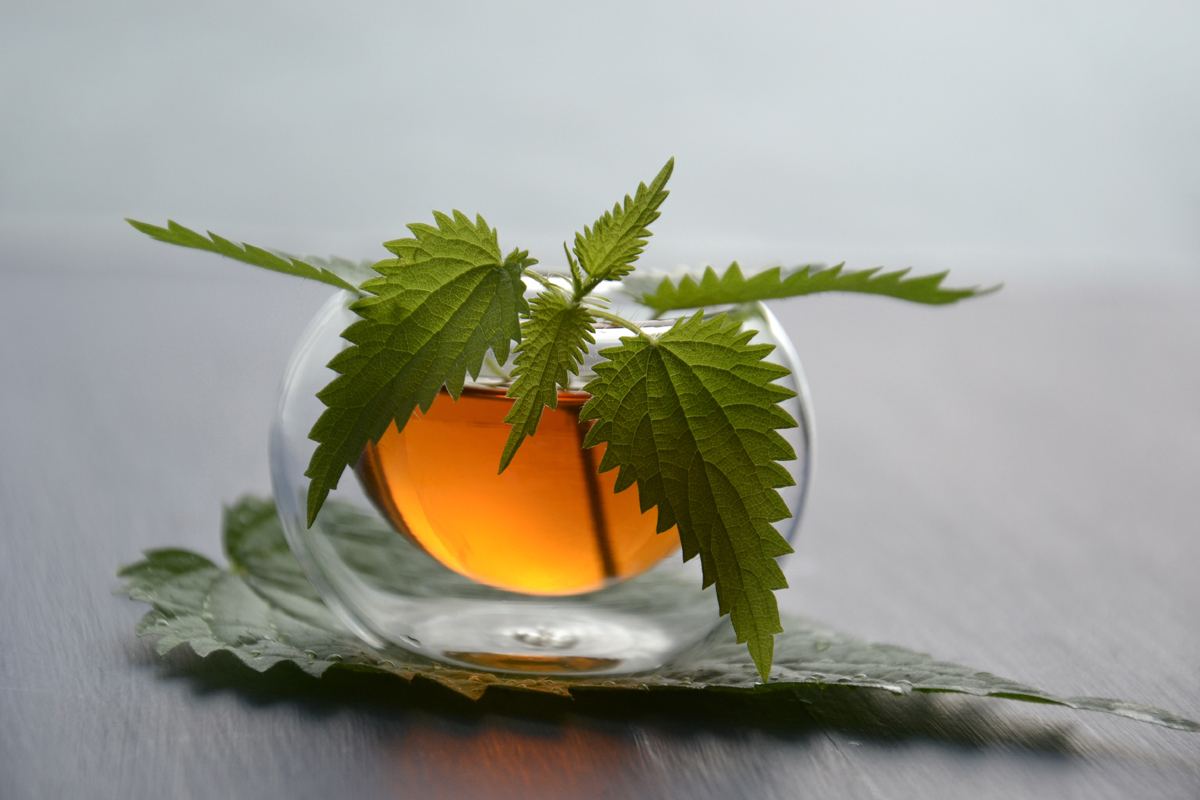
Menopause, like puberty, is a period of transition and metamorphosis. It consists of three stages: isolation, melt down, and emergence. Each stage calls forth new energies and new perceptions of ourselves. Each stage has different demands, different tasks, and different needs.
Wise Woman ways, such as simple ceremony, compassionate self-care, and daily use of dooryard plants, can benefit women going through menopause tremendously. Please allow me to share with you some of my favorite herbs for easing hot flashes, sleeplessness, and other distresses of The Change. They’re easy to find; you may already know them as weeds! These plants, and their cautions and contraindications, are described in detail in my book NEW Menopausal Years, The Wise Woman Way. Please refer to it before you decide whether or not to use any of these green allies to aid you during your menopausal years.
Calcium intake during and after menopause must be high to maintain health. But calcium in pills can’t compare to calcium in plants when it comes to maintaining healthy, flexible bones. Bones are made of a dozen minerals besides calcium (potassium, manganese, magnesium, silica, iron, zinc, selenium, boron, phosphorus, sulphur, and chromium), all of which are found in rich supply in the roots and leaves of edible weeds and herbs. Eating weeds is my preferred way of preventing osteoporosis and ensuring freedom from heart disease, depression, headaches, leg cramps, and joint pain.
There are scores of calcium/mineral-rich plants to choose from, such as the aromatic leaves of sage, peppermint, lemon balm, bergamot, rosemary, and thyme; the cooked or fresh greens of lamb’s quarters, amaranth, dandelion, chicory, comfrey, stinging nettle, chickweed, parsley, watercress, kale, collards, and cabbage; the flowers of red clover; and the roots of yellow dock, dandelion, chicory, and burdock.
For maximum extraction of mineral richness, I cook with these herbs, drink them as infusions, and steep them in vinegar.
Seaweeds have incredibly generous amounts of calcium and minerals too. I make it a practice to eat seaweeds such as kelp, dulse, and nori daily, as condiments, and seaweed such as wakame, hijiki, arame, and kombu once a week, cooked with carrots or in a soup. I feed seaweed to my goats in the form of powdered kelp and to my plants in the form of a liquid emulsion. That’s why we all have shiny hair, sleek skin, bright eyes, and lots of energy.
Hormones are a hot topic for menopausal women. To help myself with hormonal surges and drops, I prefer to use tinctures of plants rich in plant hormones (phytosterols) rather than prescribed hormones (estrogen replacement or hormone replacement), which actually elevate the risk of heart disease and osteoporosis, contrary to advertising, and are linked to increases in breast and uterine cancers. Women whose blood is rich in plant hormones have the lowest rates of cancer in the world. Plants rich in phytosterols include roots of dong quai, ginseng, wild yam, black cohosh, black haw, dandelion; flowers of hops, yarrow, red clover; leaves of stinging nettle, sage; berries/seeds/hips of chaste tree/vitex, fenugreek, roses.
Favorite herbs for menopausal women include the following:
Oatstraw
Oatstraw infusion (Avena sativa) strengthens the nerves, helps reduce emotional distress, promotes sound sleep, keeps the bones and heart strong, and strengthens libido. The tincture is a stronger sedative but not nourishing to the bones and heart. Oats for breakfast is an excellent way to “take” this herb, but avoid pills and capsules. Oatstraw baths are exceptionally calming.
Nettle
Nettle infusion (Urtica dioica) strengthens the adrenals, eases anxiety, increases energy, helps prevent night sweats, builds blood, and protects bones and heart. Eating cooked nettle is another excellent way to gather its benefits, as is nettle vinegar. I avoid freeze-dried, encapsulated, or tinctured nettle, believing all these forms ineffective and over-priced.
Motherwort
Motherwort (Leonurus cardiaca) – tincture of the fresh flowering tops – is a favorite with menopausal women, their daughters and their mothers. A few drops (up to 25 at a time) will calm emotions, relieve heart palpitations (and strengthen the heart), reduce the severity of hot flashes, increase vaginal lubrication, moderate and eliminate PMS and menstrual cramping. Motherwort vinegar is a fantastic tonic, and tasty – thank goodness. The tea is violently bitter and disliked by 99 out of 100 women, including me – yuck!
Dandelion
Dandelion (Taraxacum officinale) – any part, in any form – is a superb strengthener for the liver, the control center for hot flashes. Dandelion improves digestion, especially of calcium, helps relieve headaches, and sees to it that the liver provides steady blood sugar supplies. Dandelion wine (from the blossoms) is the most elegant way to take this remedy, but the cooked leaves and vinegars (as well as the pickled parts) of the roots and/or leaves are also excellent nourishing digestives. The tincture, especially of the root, is considered the strongest medicine, but doesn’t contain bone-building nutrients, so is less ideal than the other forms.
Here are some startling facts about menopause:
- The Grandmother Hypothesis maintains that “menopause, like a big brain and an upright posture, is one of the essential traits of the human which allowed us to colonize the world.”
- Menopause is not a recent phenomenon, but an ancient women’s mystery, with special gifts for the woman who uses its energies wisely.
- Estrogen is not one hormone, but many, and our bodies continue to make estrogens all of our lives. The adrenals, the fat tissues, and perhaps the uterus make estrogens.
- The levels of hormones in a woman’s blood are never higher than when she is in menopause.
- Herbal hormone (phytosterols or phytoestrogens) are usable by the body and, in contrast to prescribed hormones, protect against breast cancer.
Legal Disclaimer: This content is not intended to replace conventional medical treatment. Any suggestions made and all herbs listed are not intended to diagnose, treat, cure or prevent any disease, condition or symptom. Personal directions and use should be provided by a clinical herbalist or other qualified healthcare practitioner with a specific formula for you. All material contained herein is provided for general information purposes only and should not be considered medical advice or consultation. Contact a reputable healthcare practitioner if you are in need of medical care. Exercise self-empowerment by seeking a second opinion.
The Author:
Susun Weed, Copyright @ 2009
LEARN HOW TO PREVENT ILLNESS AND HEAL YOURSELF safely and easily the Wise Woman Way. Women’s health forum, FREE women’s forum, weblog, and email group. Topics include menopause, breast health, childbearing, fertility, disease prevention, nutritional advice, and cancer prevention. Visit the Wise Woman Web
Photo. Mareefe

